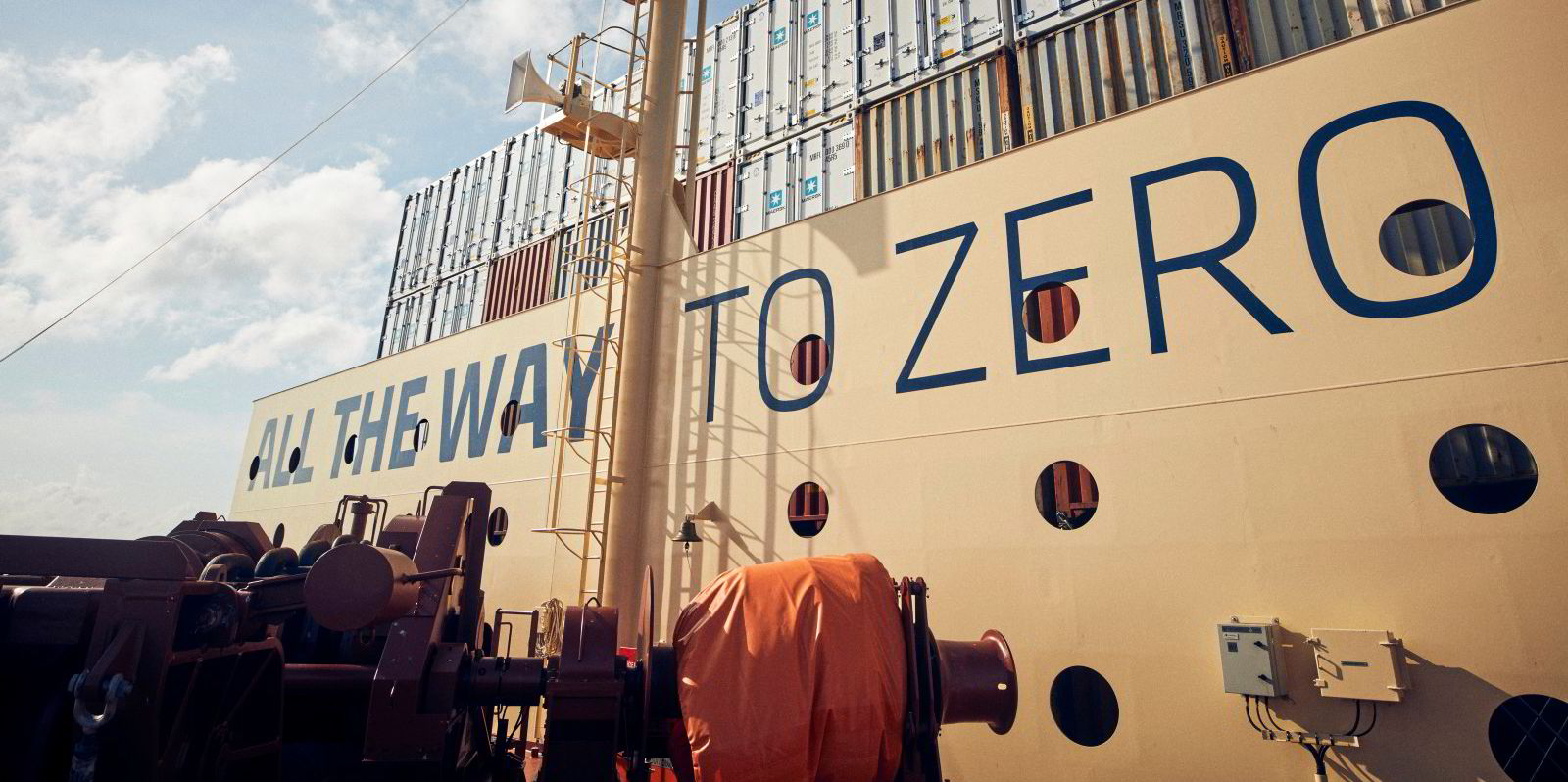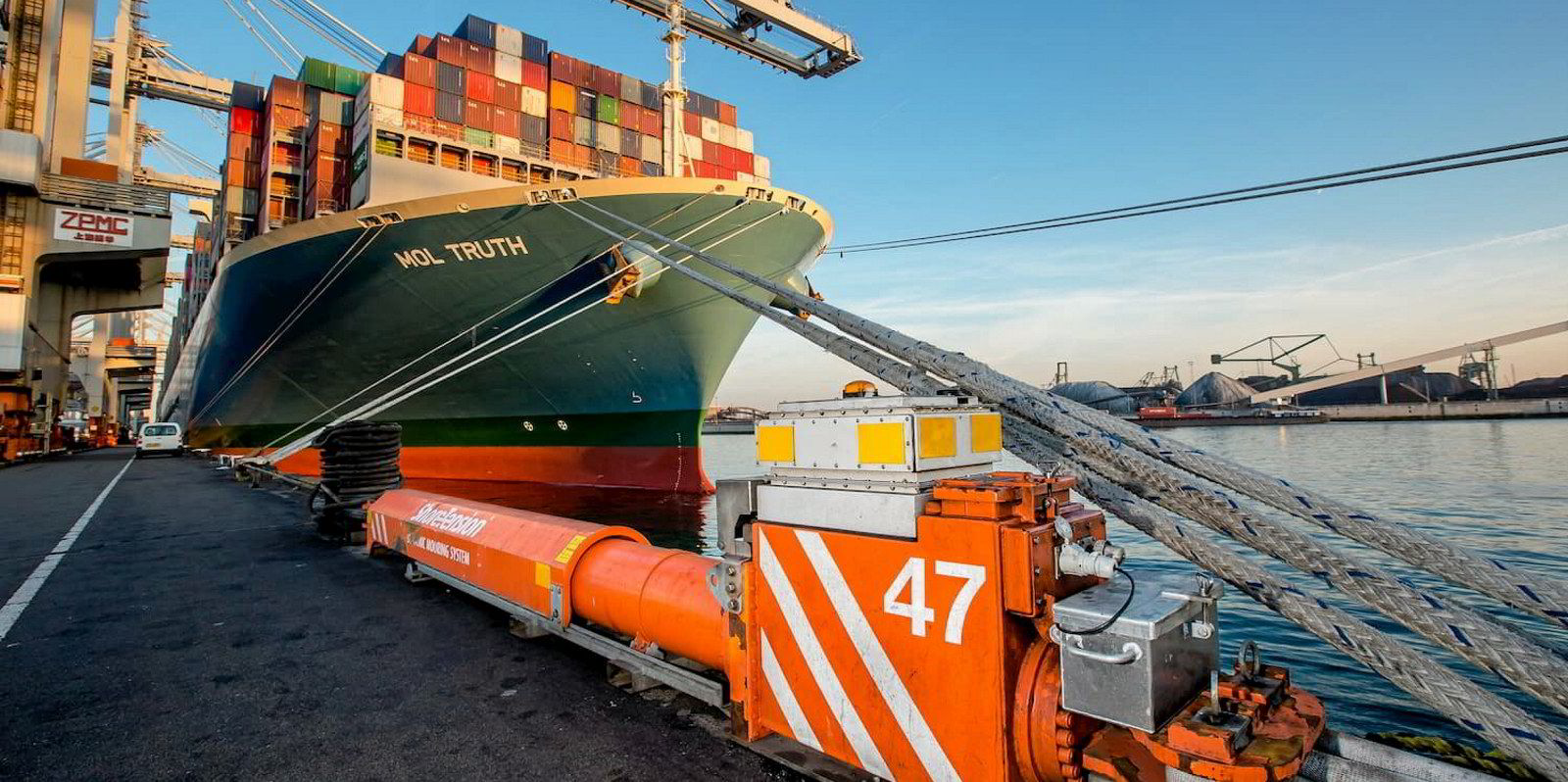Is green shipping a contradiction in terms? To some environmental campaigners, it certainly is.
With more than 800m tonnes of CO2 emitted from the world fleet each year, other noxious exhaust emissions, open-loop scrubber wastewater, garbage dumped overboard and the beaching of scrapped ships, it is without doubt an industry that needs to clean up its act.
Yet it is undeniably — tonne for tonne of cargo moved — by far the most energy-efficient means of transport, far outperforming road and rail, let alone heavily polluting aircraft. That is no get-out, however, since there is simply no other transport option for much of oceangoing cargo, especially in bulk trades.

The argument about green shipping is about the answer to this question: can it do better? And the answer is emphatically yes.
Look around the industry today and you will see a multitude of policy initiatives, innovative technologies and operational ideas attempting to make ships and shipping greener, cleaner and more sustainable.
In TradeWinds’ TW+ Green Power publication, we’re taking a snapshot of some of the most influential people and institutions striving to help clean up shipping, to highlight their important work at this crucial time.
With the existential threat posed by climate change, it is no surprise that measures to decarbonise shipping dominate. But it should not be forgotten that sustainability and being green is a more holistic challenge than just cutting greenhouse gas emissions from a ship’s exhaust.
We divided the people we’ve chosen into three groups: leaders, advocates and innovators.
The leaders are mostly shipowners and operators trying to implement change, in addition to banks that are taking a hard look at sustainability in their ship finance portfolios. The innovators are those building new technologies or commercial platforms to enhance efficiency. And the advocates are mostly civil society figures who have invested their personal experience and passion in arguing for improvements, although we also highlight the public officials who are driving change in the industry.
Of course, such selections are by their nature somewhat arbitrary. Several of the leaders are also forceful advocates; the innovators are leading by example; and the advocates show leadership with their vision.
As Semiramis Paliou, chief executive of Greek dry bulk shipowner Diana Shipping, tells TW+: “I cannot see myself leaving a planet worse off than what I received, a society worse off than what I’m living in. The least I can do is try to keep it as it is, but if I can, I aspire to improve it.
“That’s why I believe deeply in the principles of sustainable development, which have to do with the environment, our society and the concept of governance.”
Is shipping “green” today? That is debatable.
Can shipping becoming greener and cleaner? Through the work of those we feature in this report and the many others who are actively engaged in this, absolutely.




